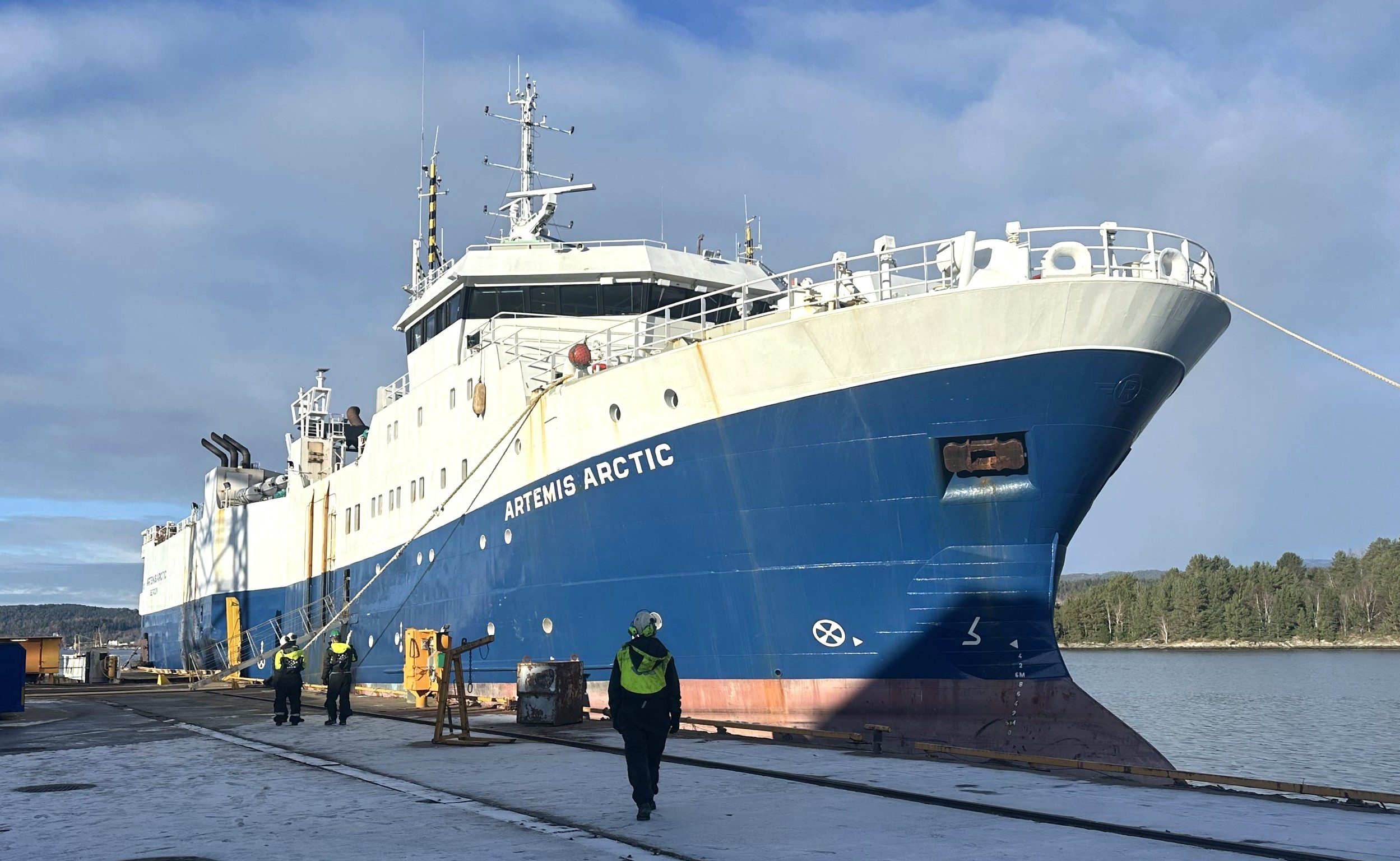
ABS introduces industry-leading guidance that promotes advanced methodology for continuous structural health monitoring.
(Houston) ABS, a leading provider of classification and technical services to the marine and offshore industries, has published the ABS Guidance Notes on Structural Monitoring Using Acoustic Emissions. This industry-leading guidance presents best practices for planning and executing Acoustic Emission Testing (AET).
“A primary goal at ABS is to improve safety without interrupting operations,” says ABS Chairman, President and CEO Christopher J. Wiernicki. “These new Guidance Notes (GN) provide a framework that will help companies perform AET in support of continuous health monitoring for their assets.”
AET is a passive nondestructive examination technology that has been successfully applied to detect and monitor crack propagation, corrosion activity, cavitation erosion and leaking in structures made of steel, aluminum, composites and other materials. AET is seeing increasingly widening applications in a number of industries as a feasible way to detect weaknesses and monitor structural health in a broad spectrum of structures from storage tanks, suspension bridges, nuclear plants, pressure vessels and LNG tanks to mooring chains and airplanes.
Ships and offshore structures continue to become larger and more complex, requiring operators to have an in-depth knowledge of structural integrity. The AET GN addresses this need by providing a non-intrusive, real-time technique for monitoring structural health on an operating asset.
“As a technology leader, ABS recognizes the growing industry focus on digitization and more advanced monitoring methods,” says ABS Chief Technology Officer Howard Fireman. “The Guidance Notes address the latest technological shifts in industry, leveraging real-time monitoring to help owners and operators better understand the health of their assets and guide their maintenance and repair decisions.” This guidance was developed based on a series of joint industry projects in which owners, operators and ABS worked together to improve asset integrity applying this advanced health-monitoring technology.
ABS first accepted AET as a feasible tool for real-time monitoring of sub-critical structural flaws in the ABS Guide for Vessels Intended to Carry Compressed Natural Gases in Bulk (2005). The IACS UR Z17 Procedural Requirements for Service Suppliers (2016) accepts AET for leak testing in gas carriers and requires documented procedures based upon recognized standards.
Download the Guidance Notes on Structural Monitoring Using Acoustic Emissions
About ABS
Founded in 1862, ABS is a leading international classification society devoted to promoting the security of life and property and preserving the natural environment through the development and verification of standards for the design, construction and operational maintenance of marine and offshore assets.

 Join The Club
Join The Club











